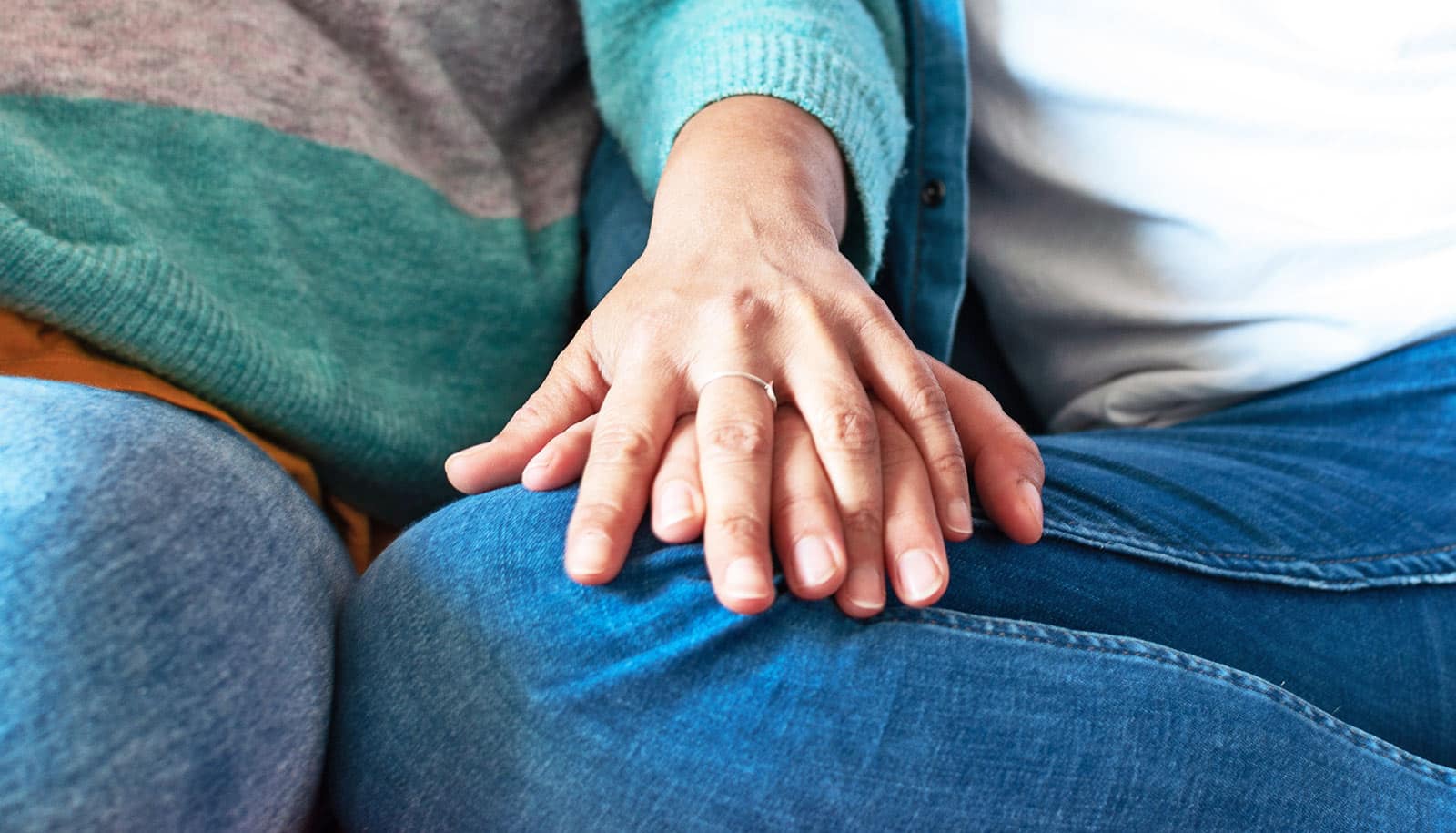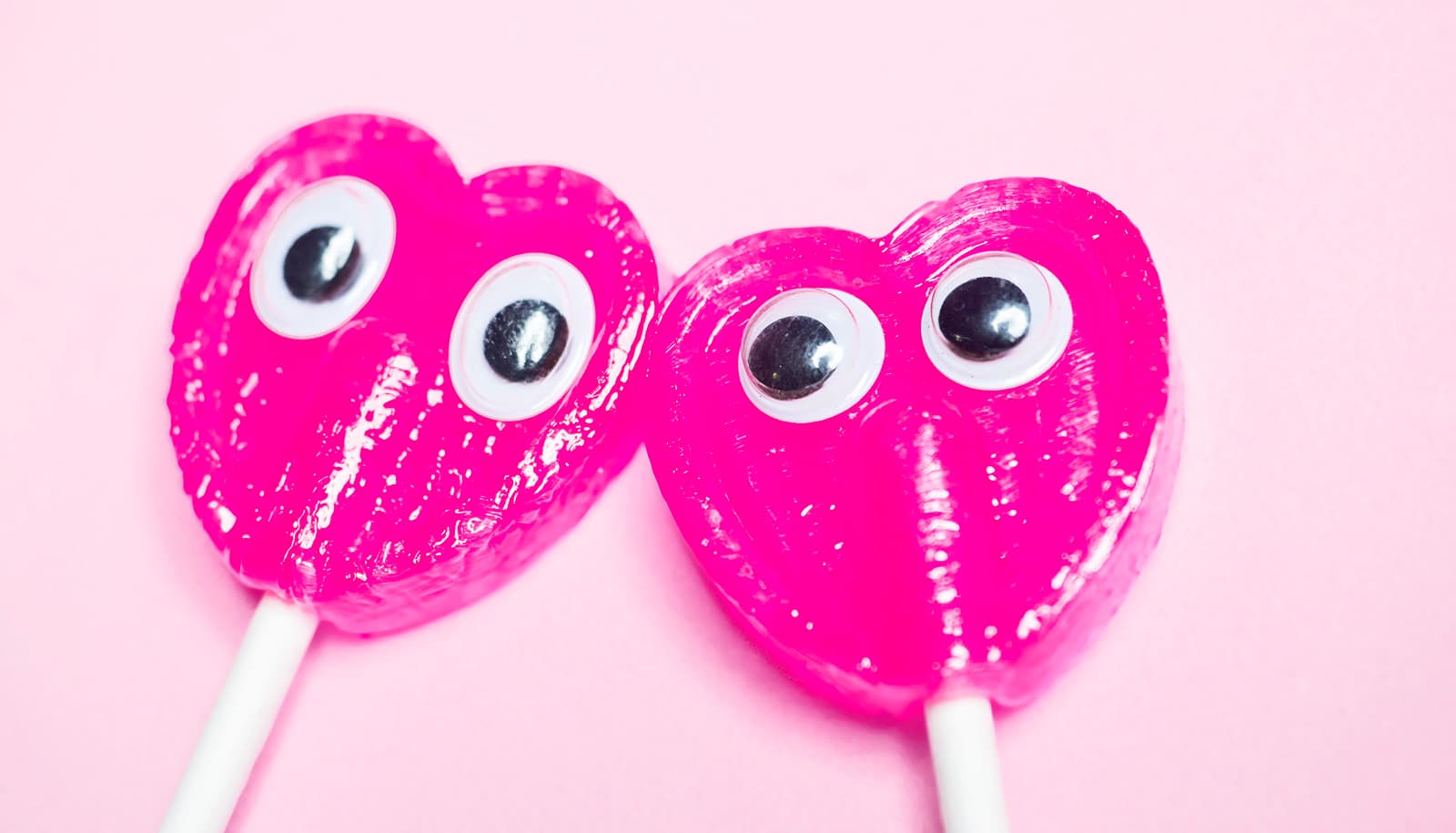Even happy couples can be pretty clueless about the ploys each partner uses to avoid dealing with their feelings, new research suggests.
“Happier couples see their partners in a more positive light than do less happy couples,” says Lameese Eldesouky, lead author of the study and a doctoral student in psychological and brain sciences at Washington University in St. Louis.
“They tend to underestimate how often a partner is suppressing emotions and to overestimate a partner’s ability to see the bright side of an issue that might otherwise spark negative emotions.”
Two coping mechanisms
Published in the Journal of Personality, the study examines how accurate and biased heterosexual dating couples are in judging personality characteristics that reflect ways of managing one’s emotions.
It focuses on two coping mechanisms that can be difficult to spot due to the lack of related visual cues: expressive suppression (stoically hiding one’s emotions behind a calm and quiet poker face) and cognitive reappraisal (changing one’s perspective to see the silver lining behind a bad situation).
Other findings include:
- Couples generally are able to judge their partners’ emotion regulation patterns with some degree of accuracy, but are somewhat less accurate in judging reappraisal than suppression.
- Women see their partners in a more positive light than do men, overestimating their partners’ ability to look on the bright side.
- If someone is generally more emotional, their romantic partner thinks they are less likely to hide emotions.
- If someone frequently expresses positive emotions, such as happiness, their romantic partner thinks they use reappraisal more than they actually do.
Coauthored by Tammy English, assistant professor of psychology at Washington University, and James Gross, professor of psychology at Stanford University, the study uses completed questionnaires and interviews with 120 couples attending colleges in Northern California.
Participants, ranging in age from 18 to 25 years, were recruited as part of a larger study on emotion in close relationships. Each couple had been dating on an exclusive basis for more than six months, with some together as long as four years.
A negative turned positive
In a previous study, English and Gross found that men are more likely than women to use suppression with their partners, and that the ongoing use of emotional suppression can be damaging to the long-term quality of a relationship.
The right kind of intimacy keeps couples feeling sexy
“Suppression is often considered a negative trait while reappraisal is considered a positive trait because of the differential impact these strategies have on emotional well-being and social relationships,” English says.
“How well you are able to judge someone else’s personality depends on your personal skills, your relationship with the person you are judging, and the particular trait you are trying to judge,” English adds. “This study suggests that suppression might be easier to judge than reappraisal because suppression provides more external cues, such as appearing stoic.”
Eldesouky also presented the study on January 20 at the 2017 meeting of the Society for Personality and Social Psychology.



